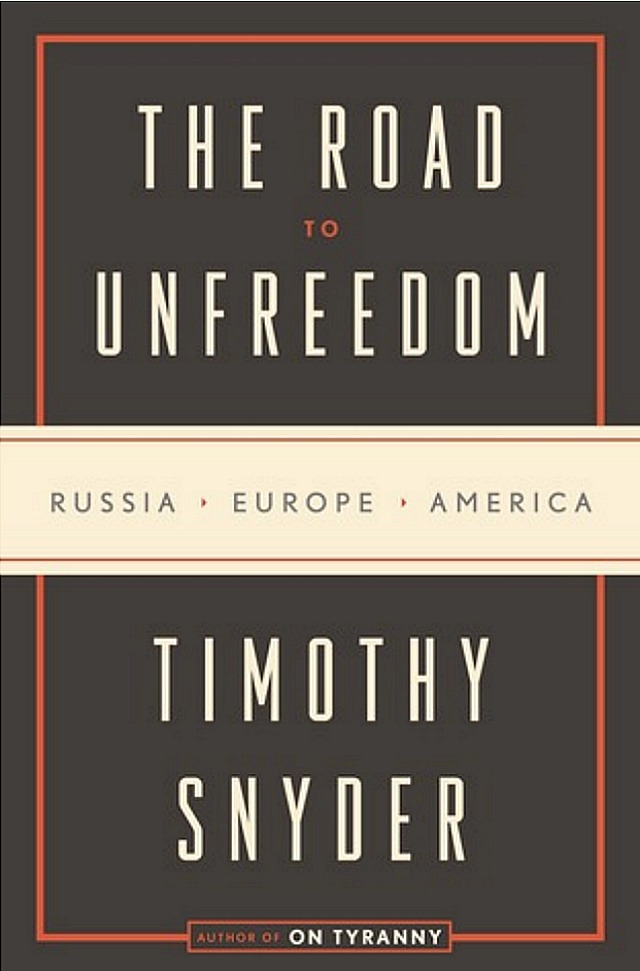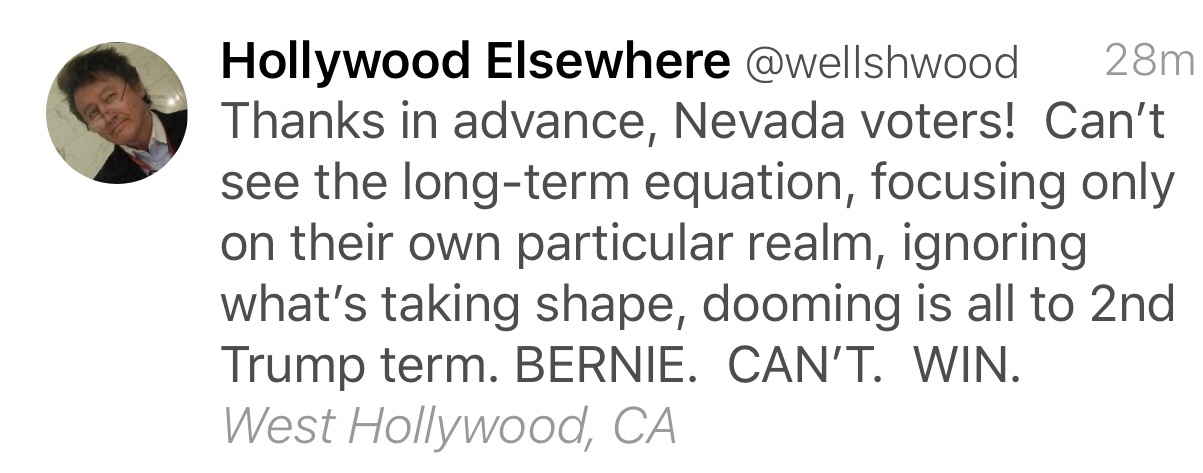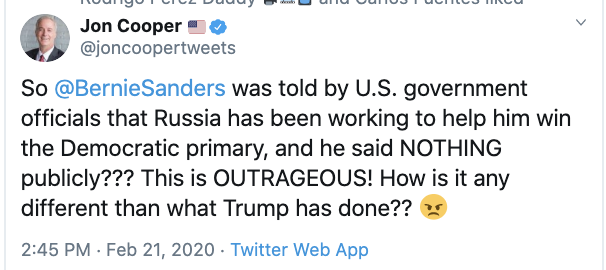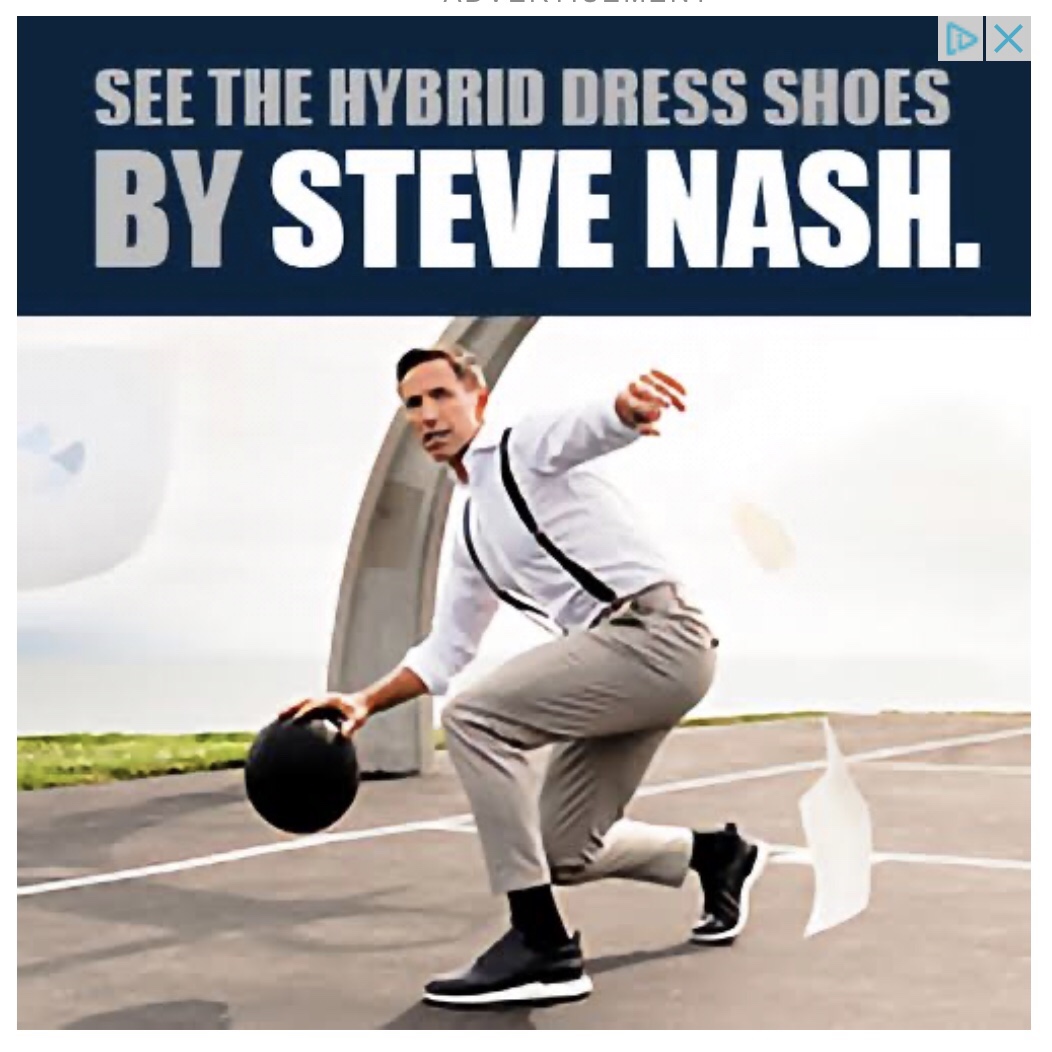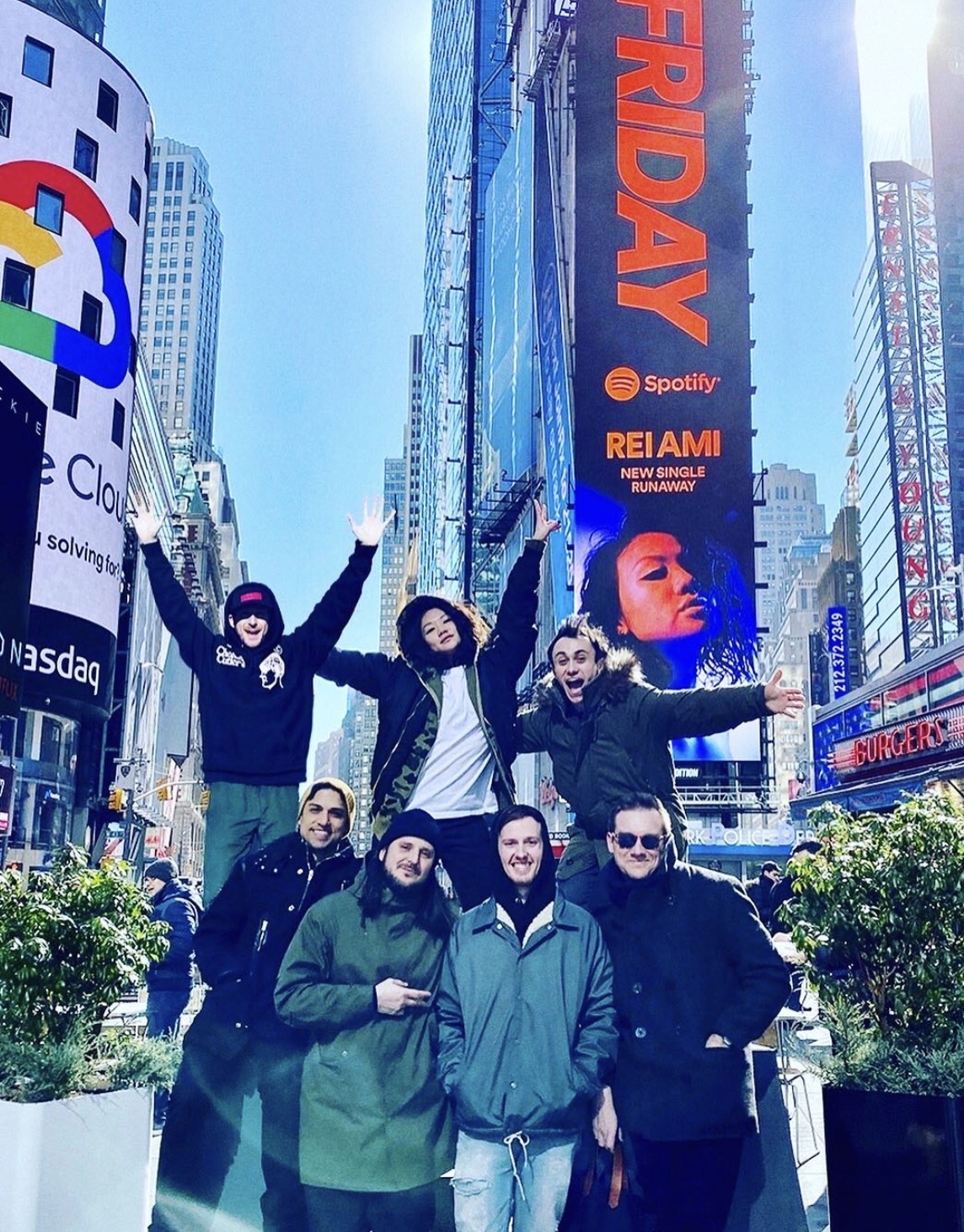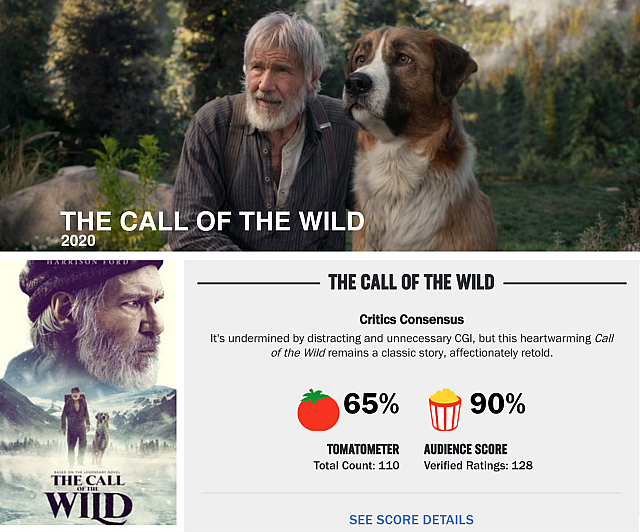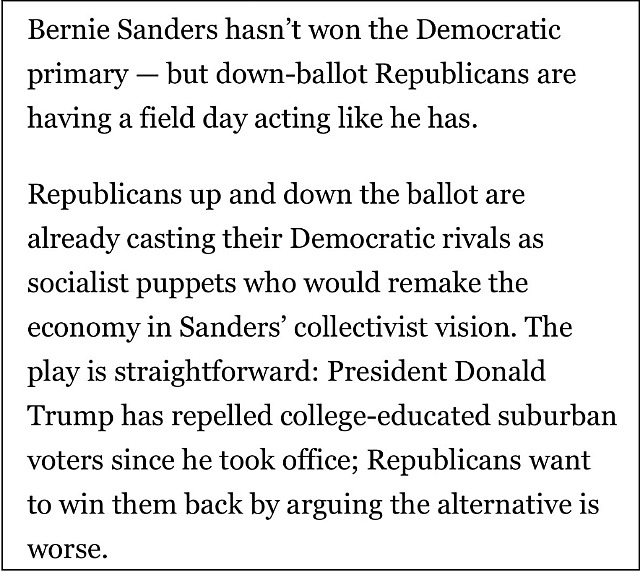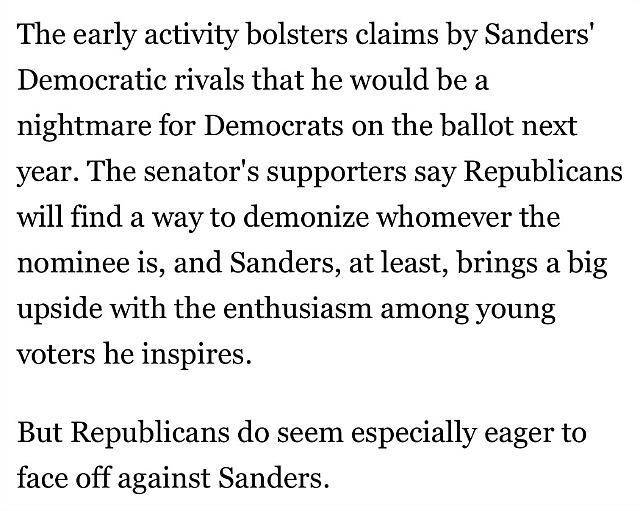According to Ben Brantley‘s 2.20 N.Y. Times review, Ivo Van Hove‘s radical re-think of West Side Story — a stage revival currently playing at the Broadway theatre — is “attention–splintering.”
Titled “Sharks vs. Jets vs. Video,” the subhead states that the non-period-specific production boats “new choreography, a ravishing orchestra and smothering visual effects.”
The “s” word refers to huge video screens that complement and/or challenge the live-action, human-scaled activity.
“I fail to detect a natural rhyme or reason for the way video is used here,” Brantley states. “There are a lot of split screens and a lot of frankly clichéd, commercial-style images of characters running and brooding. I don’t think van Hove is commenting on our fragmented 21st-century attention spans, [but] the fact that our focus is repeatedly splintered obviates much chance for emotional concentration and, consequently, the possibilities for being truly moved.”
Another complaint is that it’s hard to tell the previously pale-faced Jets from the Puerto Rican Sharks. Now, says Brantley, “both gangs appear to be multiracial melting pots. Could this be van Hove’s point, that prejudice exists only in the mind’s eye? Maybe, but once these boys and girls start to rumble, you’ll wish they were wearing team uniforms.”
Oh, and “I Feel Pretty” has been deep-sixed.
Maybe Brantley has a point or two; maybe his opinions are outliers. But at the very least this new show appears to be reflective of the here-and-now — rougher, punchier, franker, more jagged-edged. A reinterpretation with fresh blood in its veins.
And it leads me to wonder how Steven Spielberg’s period-specific film (mid ’50s) will impress today’s audiences. I somehow doubt that Spielberg’s version will be anywhere near as nervy and provocative as Van Hove’s show.
I’m sorry but I keep sensing that Spielberg’s film will somehow underwhelm, especially if it features dp Janusz Kamiński‘s default desaturated color scheme with milky shafts of intense light piercing through, etc.

